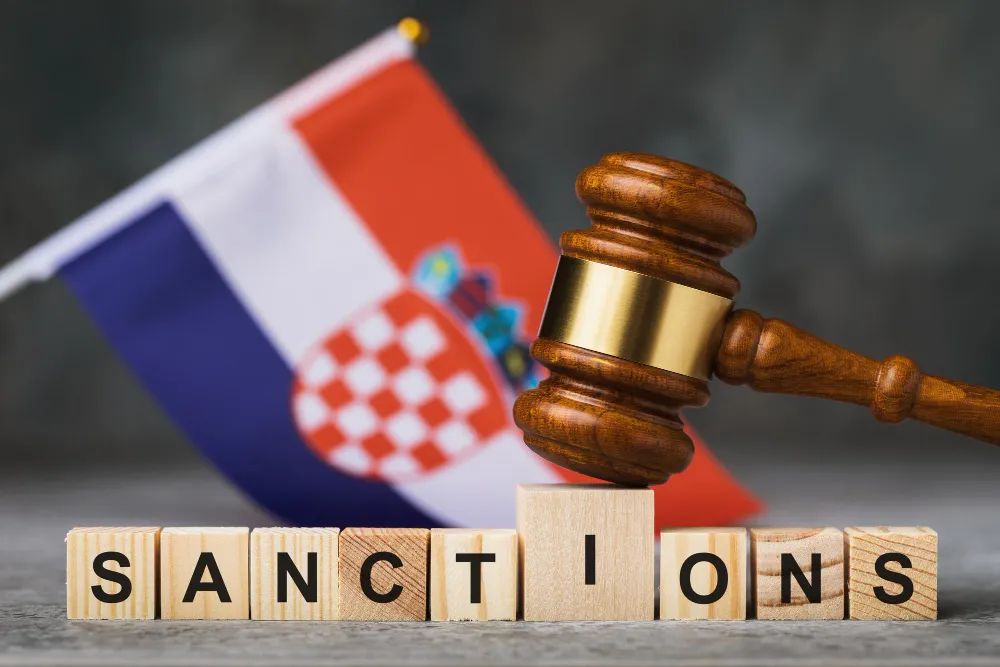
Stricter Rules Lead to Drop in Work Permits Issued by Croatia
Stricter Employment Rules Drive Decline in Croatia’s Work Permit Approvals
The number of work permits issued to foreign nationals in Croatia continues to decline in 2025, with April figures also showing a noticeable drop compared to the same period last year. This trend, however, has not surprised local business leaders.
According to Croatian entrepreneur Petar Lovrić, the newly published data from the Ministry of Interior only confirm what many in the industry have believed for years — earlier projections overestimated Croatia’s need for foreign workers.
“The previous estimate that Croatia would need half a million foreign workers was clearly exaggerated. Given the actual pace of economic growth, the labour market realistically needs only around 120,000 to 130,000 foreign workers,” said Lovrić in a statement to Total Croatia News.
Locals Filling More Jobs as Wages Rise
Lovrić pointed out several reasons for the downward trend in work permit approvals. One of the most significant changes is the growing number of Croatian citizens taking up roles previously dominated by foreign labour, thanks in part to rising wages that have made these jobs more attractive to locals.
Additionally, Croatia's new Law on Foreigners, which introduced tighter hiring criteria and documentation requirements, has also contributed to the reduced volume of approved permits.
Seasonal Work Permits Also See a Decline
The impact is being felt in seasonal employment as well. Data from the Ministry shows that only around 7,500 seasonal work permits were granted in the first five months of 2025 — a significant drop compared to previous years.
Despite the overall decline, Nepalese nationals remain the largest group of foreign workers in Croatia so far in 2025, having received 17,100 work permits between January and May.
Regional Context: EU Member States Still Rely on Foreign Labour
While Croatia is seeing a pullback, many other EU countries continue to grant work permits to address labour shortages in key industries such as construction, hospitality, and healthcare. The contrast highlights a broader discussion within the EU on how best to balance immigration, local employment, and economic needs.












